As a child, I loved going on road trips. I strapped into our black Acura MDX, sitting with my sister in the backseat as my mother peeked back at us, grinning widely with her sunglasses that were a little too big for her face. My father slid open the sunroof, cracking his knuckles as the engine revved, and my sister and I cheered.
Road trips meant escape, adventure, and best of all, non stop music. We’d spend time scanning for radio stations as we got farther and farther away from home; we never knew what we’d be listening to next. Our music game was elevated even more once my parents got a hold of Pandora. The car became a place for experimentation, traveling to far away places, listening to things that make my parents think of home.
It became quickly clear to me that for my family, music would be more than just notes and lyrics. It would be a way to bring us together, and remind my parents of places they hadn’t been since their youth.
In America, we have a habit of controlling. We control the market, we control most trade, and, more specifically, we control a lot of music. My father heard about the Backstreet Boys all the way across the world in the 90s, while no one heard about the genius composing of A.R. Rahman on multiple award-winning movie soundtracks.
The importance of listening to music that isn’t western lies in the new ideas we get to experience. We get to explore and broaden our horizons. This is the importance of trying new foods and going to new places, meeting new people. If we never vary our palate, we will never learn what’s out there in the world to discover.
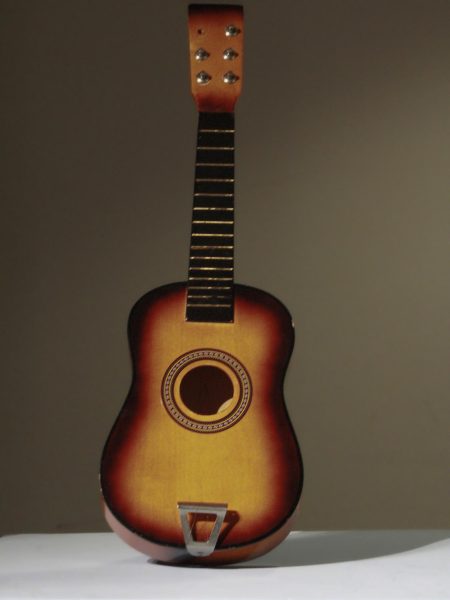
Growing up, I was very quick to catch onto the fact that I listened to music that was different than what my friends listened to. With chromatics and foreign instruments, my soul was swept away. Even though I felt out of place sometimes, I was still able to learn how to connect with my friends, even though our listening habits could differ widely.
My earliest memory of sharing music was with my Colombian neighbor. She came over to my house, and while we were playing, I decided to show her one of my favorite songs at the time: “Desi Girl” by Vishal and Shekhar. She showed me “Mi Bombon” by Andres Cabas. The listening experience was so much fun, watching the music videos with rapt focus as we discussed the meaning of the lyrics and the vibe of the song. We grilled the other about the types of music we listened to outside of the “Billboard Hot 100” rotation.
I haven’t been as fortunate to have these experiences as often as I’d like. I kept listening to Pandora in my car, yet everyone around me became obsessed with music that came from this half of the world. Whether it be Justin Bieber or Ariana Grande, the 2010s pop scene was something that I, while trying to enjoy my own music, also became obsessed with.
My mother moved to the United States of America from India when she was 16. Her father is a musician, and growing up my mother was swaddled in ragas and talas, music unknown to the west. It became increasingly important to her to keep herself entrenched in that culture of music once she moved to New Jersey, because what is a person without culture?
It became clear to her and her family that music was one of the only touch points that they had left to their old home in India. Being isolated from her home was an experience that changed her and her family, it made her cling to the things she had left, music being one of them. It reminded her of home.
Even though she was clinging to the music from her past, it didn’t stop her from opening her heart to the floodgates before her: American music in the 1990s. While still listening to the music that reminded her of India, she began to listen to more and more music of her new home. It helped her become more culturally aware and made her feel less isolated from her peers. From Eminem to Christina Aguilera, she very quickly became a pro at varying her genres and listening to all kinds of music.
According to the Rowland Hall Gazette, it’s been shown that listening to different genres of music and “engaging in different musical traditions” changes how our brain works and processes things. Listening to different music based on context can subtly influence your brain to subtly change its mannerisms. This is why many people listen to lo-fi when they’re stressed about work.
Not only that, but it allows you to connect with people and establish rapport. Having a diverse, non-western music taste could positively impact you by allowing you to have another means of connection with a stranger that you could encounter in your life. It offers a stepping stone to a more meaningful connection. If someone told me that they listen to Bollywood music, I’d be amazed and would love to talk to them more. It shows care for other cultures.
Have you ever wondered what kind of music you really listen to? Is it mostly in English? Completely in another language? Do you listen to the same three artists every day or do you take a chance and turn on the radio every once in a while?
These questions all come to mind when I start thinking about the echo chamber that Americans have formed around ourselves. I’m just now realizing that I was able to experience different cultures from the comfort of my Acura.
This learned mindset carried over outside of my car, as I found myself wanting to listen to more and more different kinds of music. Whether it be classic big band jazz from the 40s or pop punk in the 2000s, I wanted to digest it all. These road trips started me on a greater journey of expanding outside of my bubble of comfort and crossing cultural lines, experiencing and listening to new music.
But most importantly, listening to non-western music allowed me to cultivate a culture of empathy and awareness. I was able to get to know legions of people just by listening to a new song. By opening your doors and your ears to different sounds, global sounds, you also open your heart. For decades, we’re seeing so many artists use music as ways to put their own struggle on the map. From John Lennon singing “Imagine” to “Changes” by Tupac, music has always been used as a means to rebel and protest the unjust.
In the late 1930s, Dimitri Shostakovich, a famed Russian composer, was facing his own worst nightmare: Stalin deemed his music “untrue” and for the bourgeoisie. Shostakovich’s dissent to Stalin’s attempt to dampen his own musical expression distinctly showed up in his music, Shostakovich going on to release his Symphony No. 5 (1937), “a Soviet artist’s reply to just criticism.”
Would anyone defame Shostakovich’s work even though he was writing halfway across the world? He was hailed as a hero, his Symphonies his own quiet rebellion against the tightening regime of Stalin.
If we keep listening to the same songs off of the Top 100 Pop charts, we might never hear from the people living in conditions so drastically different from our own. By listening to their stories we develop our own empathy. As the beat booms in our ears, we can take a moment to picture what it would be like living in their shoes.
Music has always been a tool to make people feel. If we cannot experience the world through the lens of empathy, then we’re on a trip to a place where people become cruel. Where people fail to break out of their echo chambers and are at risk of fencing themselves off from the prospect of discovery. Where all of the other things that are just waiting to be discovered, just lie in wait. By failing to cross cultural lines and staying in our bubbles of comfort, we prevent ourselves from growing and learning.
Music is a language that surpasses all boundaries. Without understanding lyrics, you can still understand feelings that are being portrayed through song. By learning to appreciate and open our ears to sounds that we aren’t familiar with. It has been used as a form of communication for centuries, and whether you can understand the lyrics or not is beside the point. Through different chords and instrumentation, different messages can be conveyed.
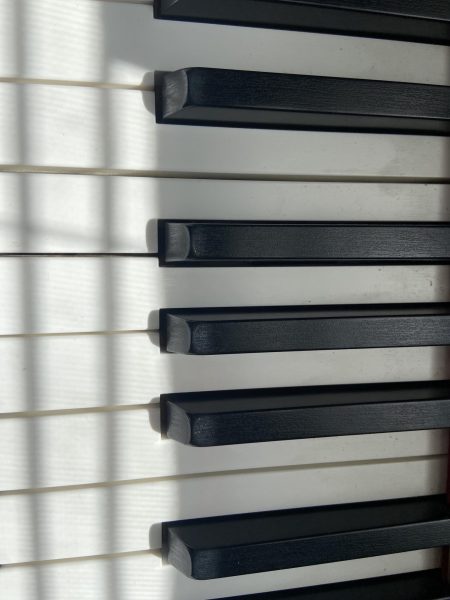
Whenever we listen to Celine Dion’s “My Heart Will Go On,” we feel the raw love being conveyed through the song, no matter whether or not we listen to the lyrical or lyricless version. Similarly, if you listen to a mournful ghazal, you don’t need to understand Urdu to comprehend the pain and longing that the singer is emoting. In this manner, listening to music from a variegated audience can allow you to comprehend different feelings from around the world. A way to show dissent and dissatisfaction, listening to non-western music can help you understand the day-to-day things that people suffer through.
Music has been more accessible now than it has ever been; Spotify, Apple Music, YouTube and Soundcloud becoming just a few popular platforms where people are able to release and share and stream music.
We aren’t living in the days of vinyl and cassette tapes anymore. You don’t have to worry about catching the right channel just to watch new music videos. I’m not worrying about picking just the right CDs to take with me on the annual family road trip. Now, the world is practically at our fingertips; we just haven’t realized it yet. With music streaming being the new norm, it’s become common for music from the Sahara or Chilé to appear on my algorithm. Music has the ability to change our hearts and minds in a way that other pieces of rhetoric don’t. Not to mention, discovering non-western music is like discovering a trove of unexplored things.
Even though you won’t understand the lyrics, or the music sounds a little different than what you’re used to, it’s worth it to “take a chance,” as ABBA said. It’s easy to listen to music while doing something like reading a book or when you’re driving home! It takes up just a bit of your time to do some searching, and if you don’t know where to start, a great place is your friends. Just ask around for their favorite bands or music artists! The best thing I ever did was start to ask my friends about the music they listened to. The conversation with my neighbor opened a door that I didn’t even know existed, and exposed me to a beautiful world filled with music from all over the world. This short interaction ended up being life changing, and was incredibly easy to initiate. I simply started with “what’s a song you love right now?”
Next time you’re on a road trip with your family and you get a spare chance, take a moment to scan for a new radio station or pause for a moment to spin a globe. What country should you visit today while driving down I-95? Will you choose to listen to Latin Indie from South America? What about Saharan Blues from the 2000s? Don’t forget about slow French jazz, 80s Japanese City Pop, and on top of that, Chinese love ballads. Australian independent pop awaits you as you open Spotify.
You take the first step towards a better, more loving, more sensitive and more kind world when you simply hit shuffle and play.
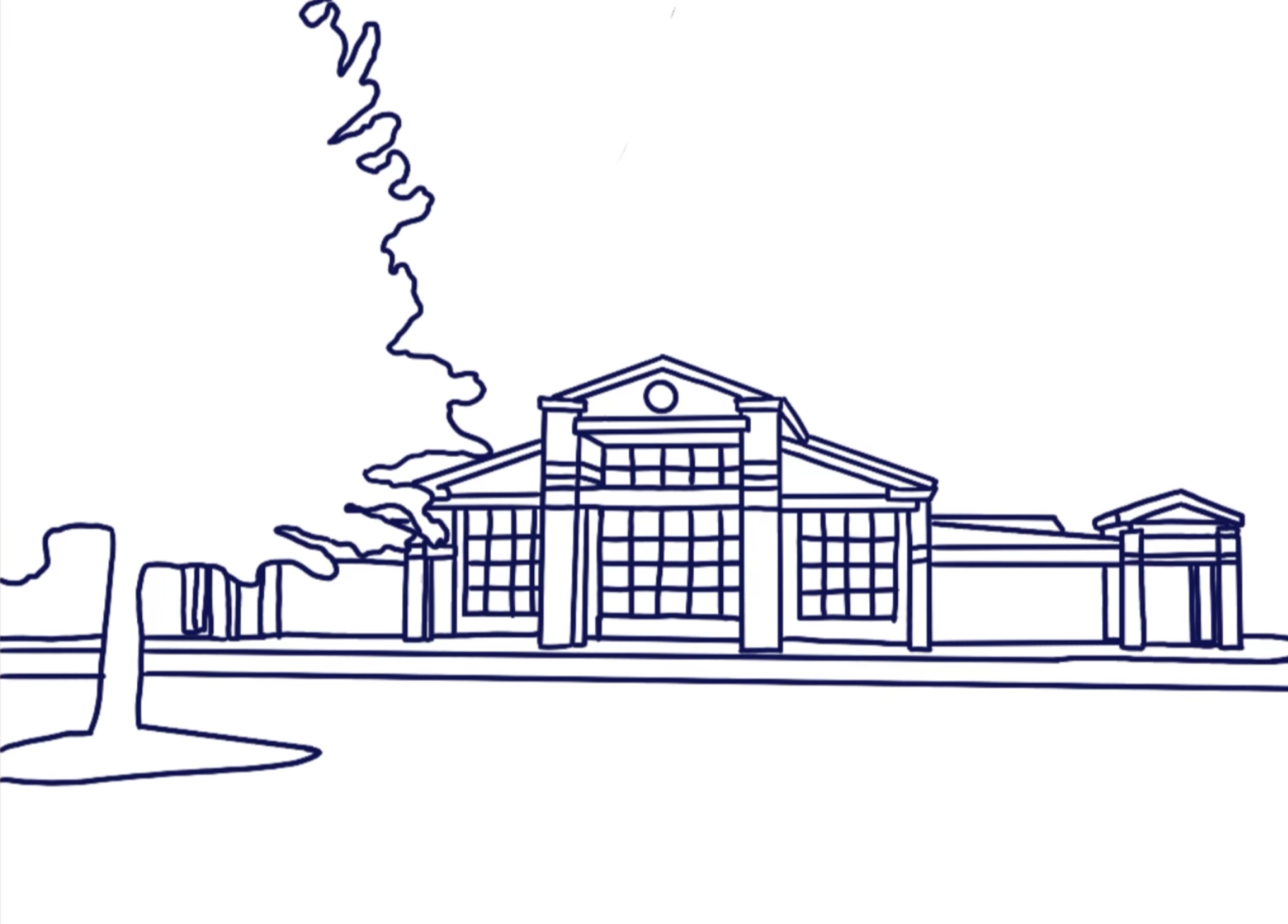
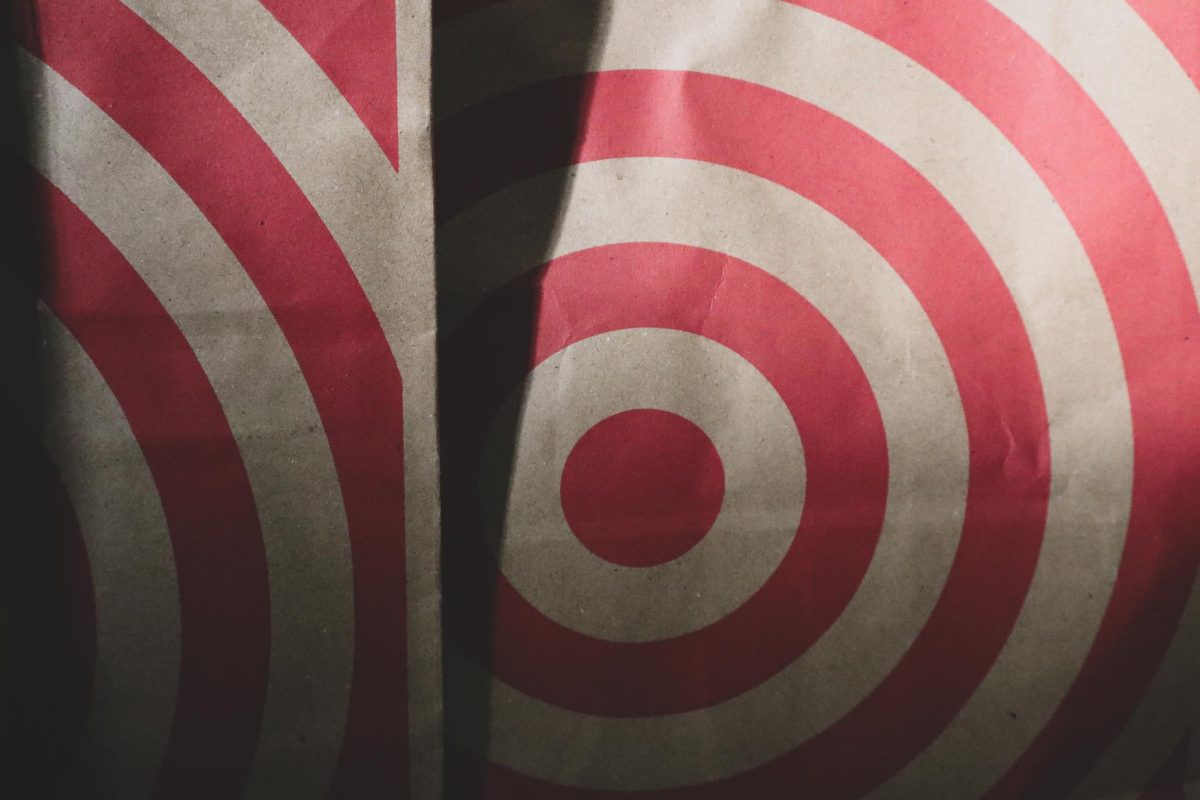
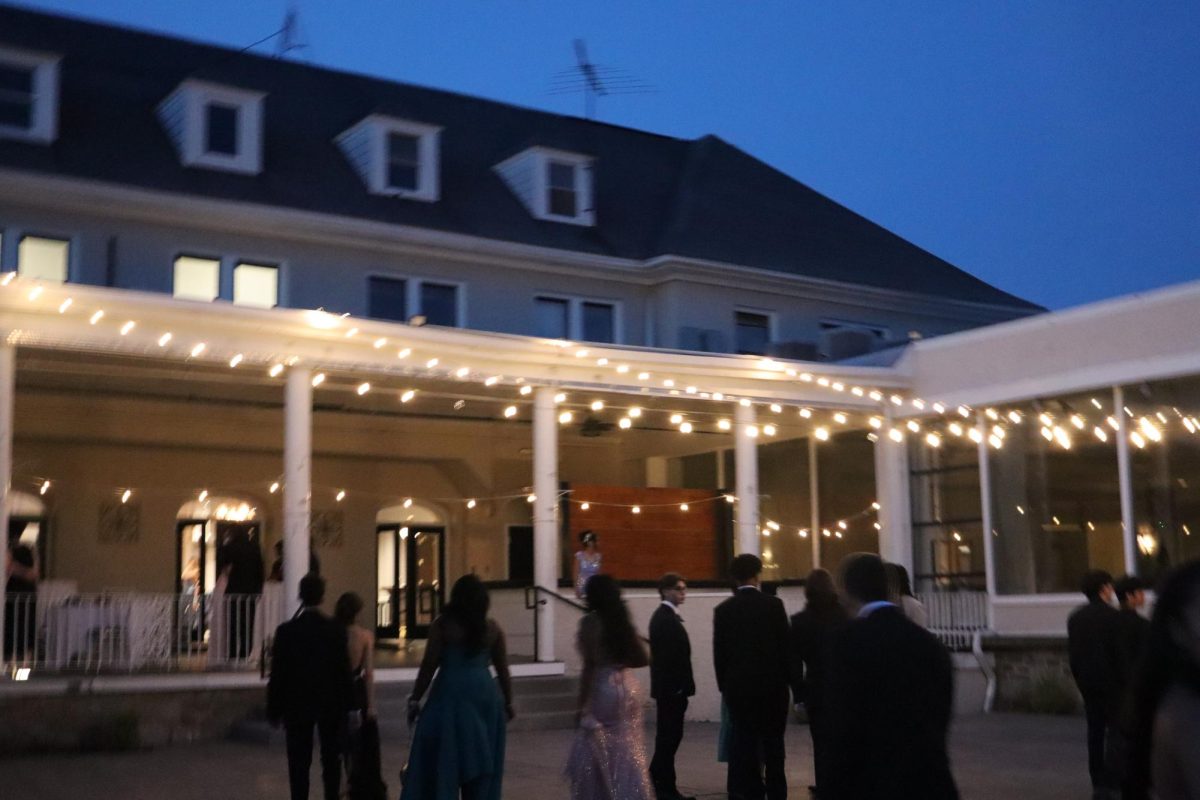

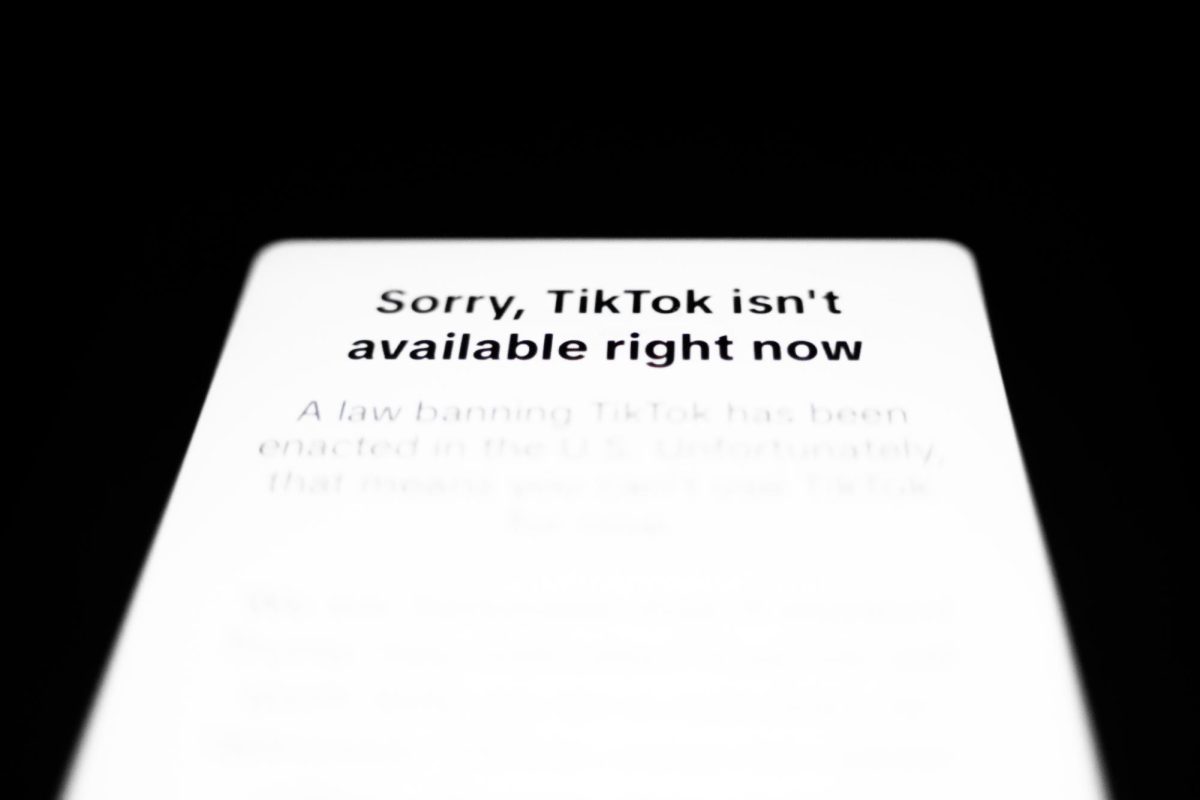
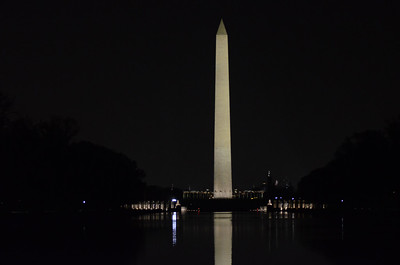
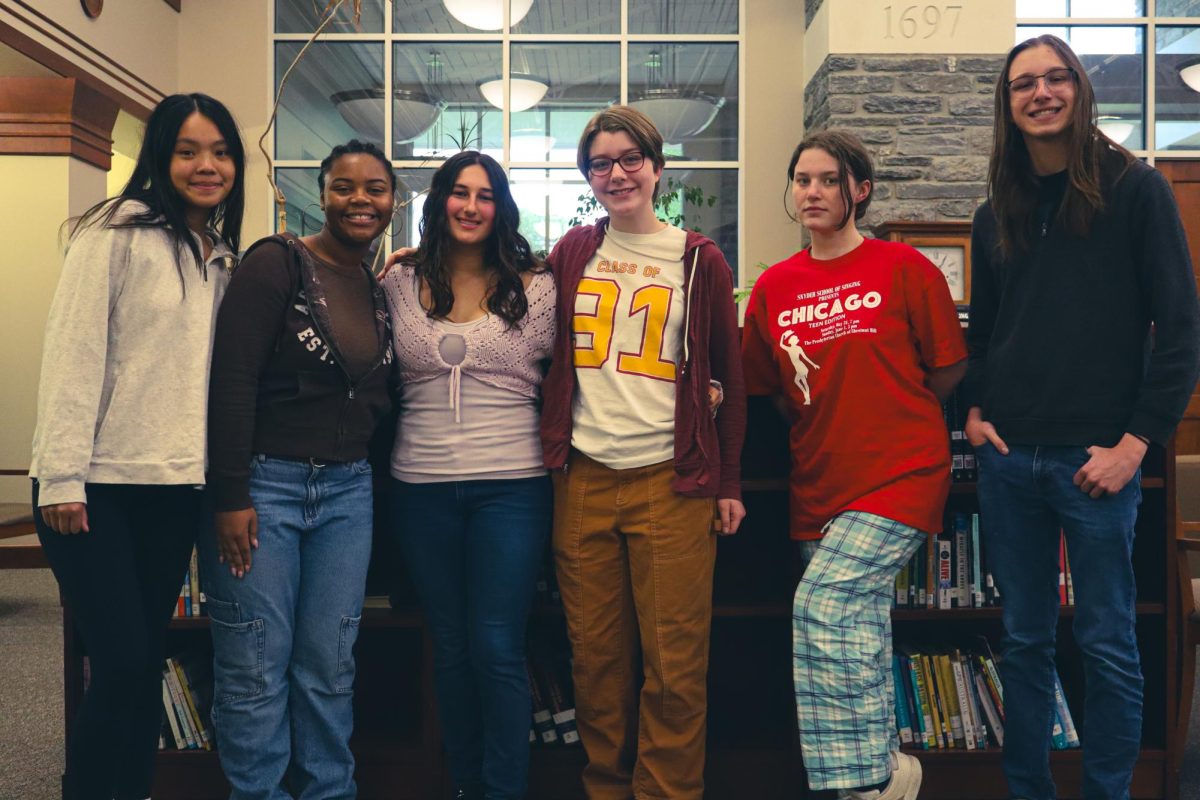
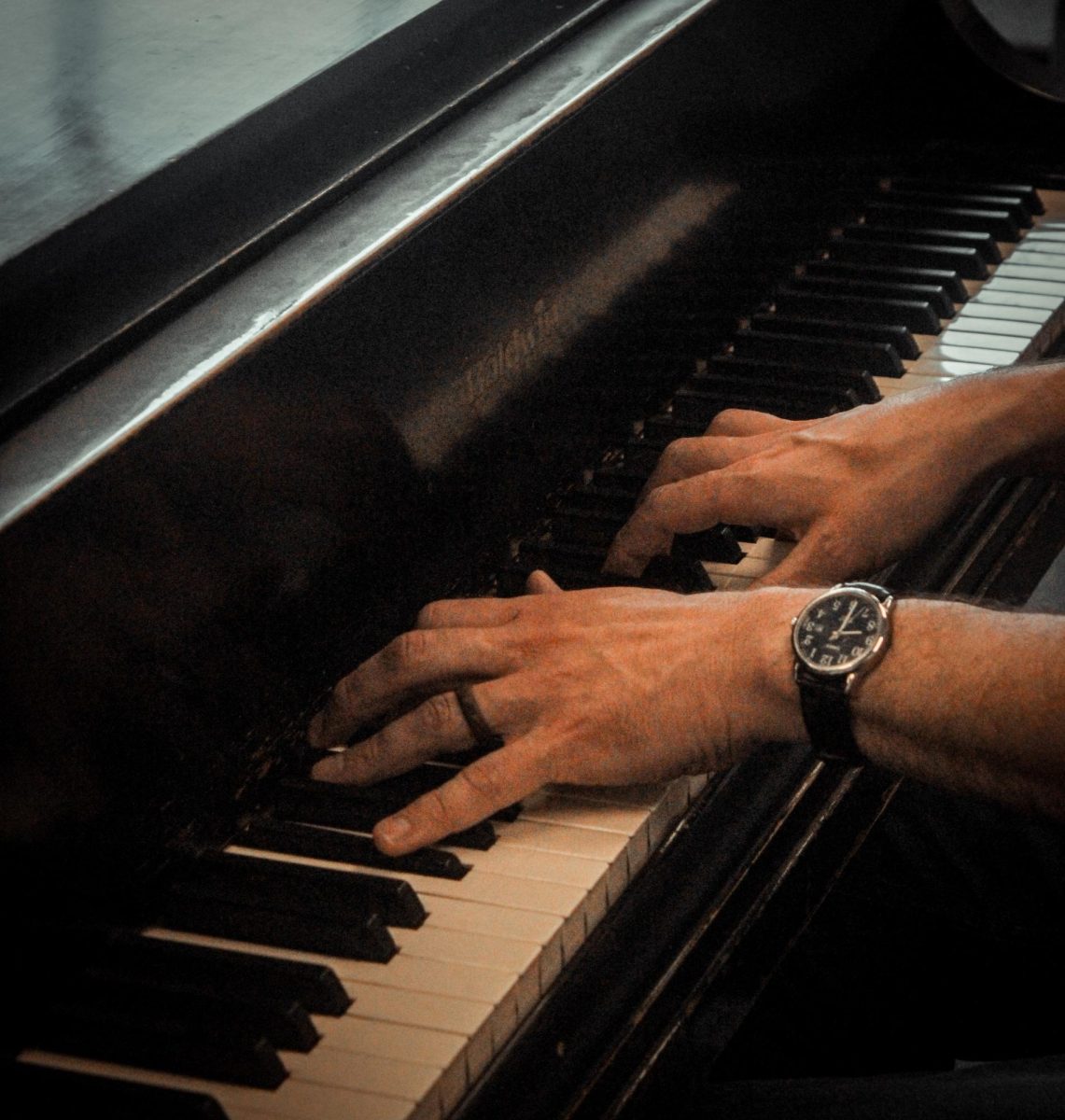

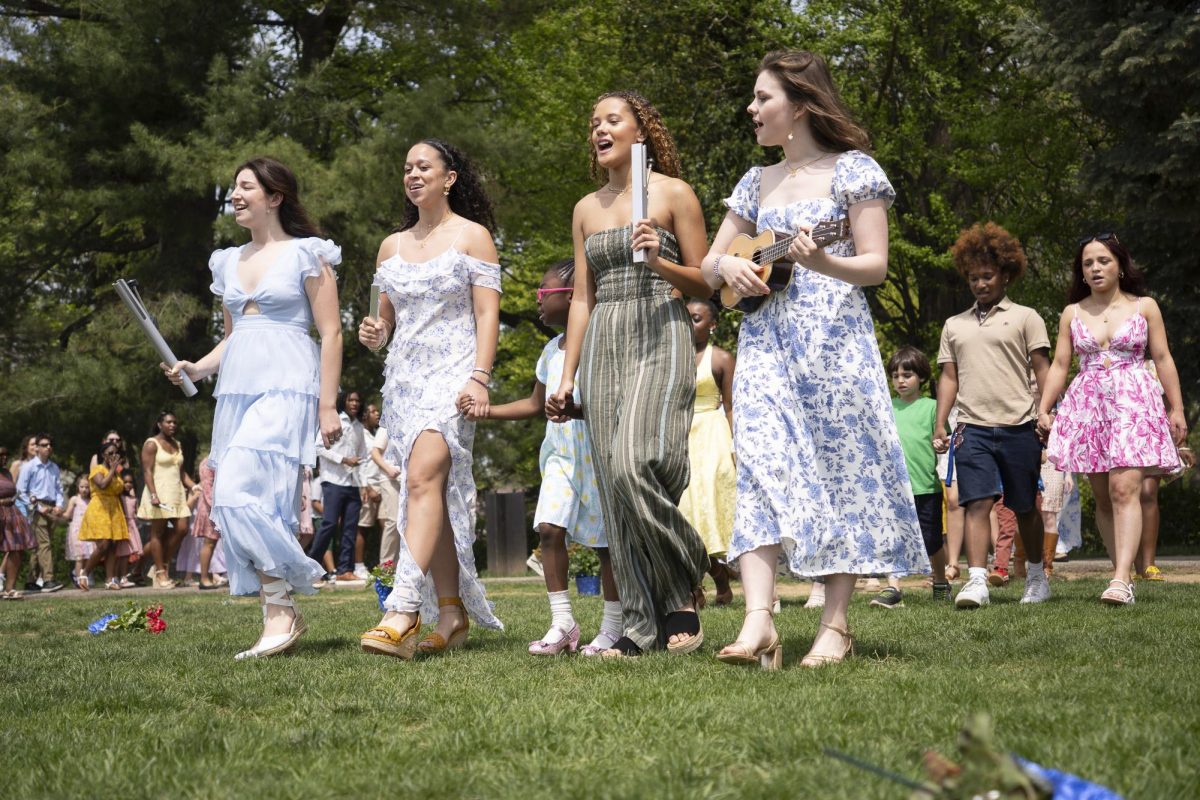
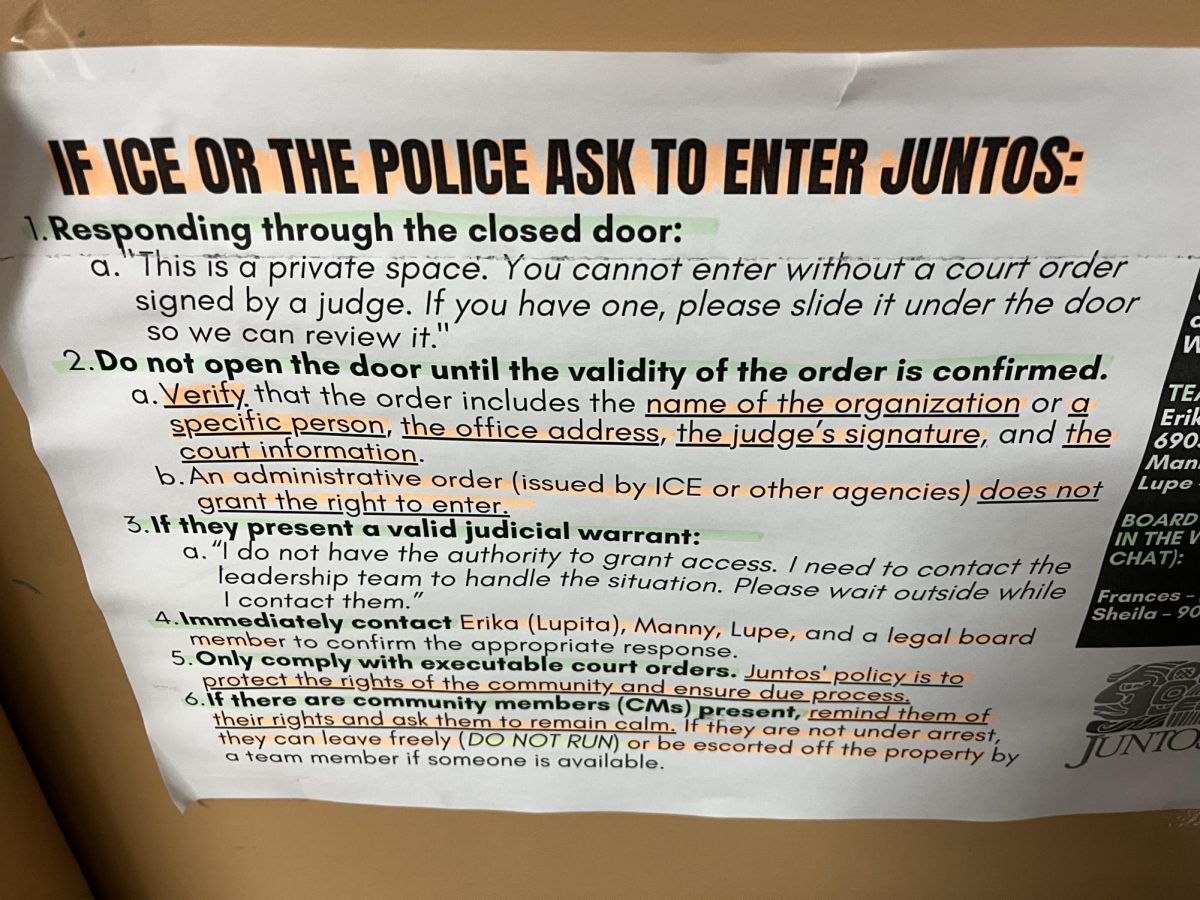
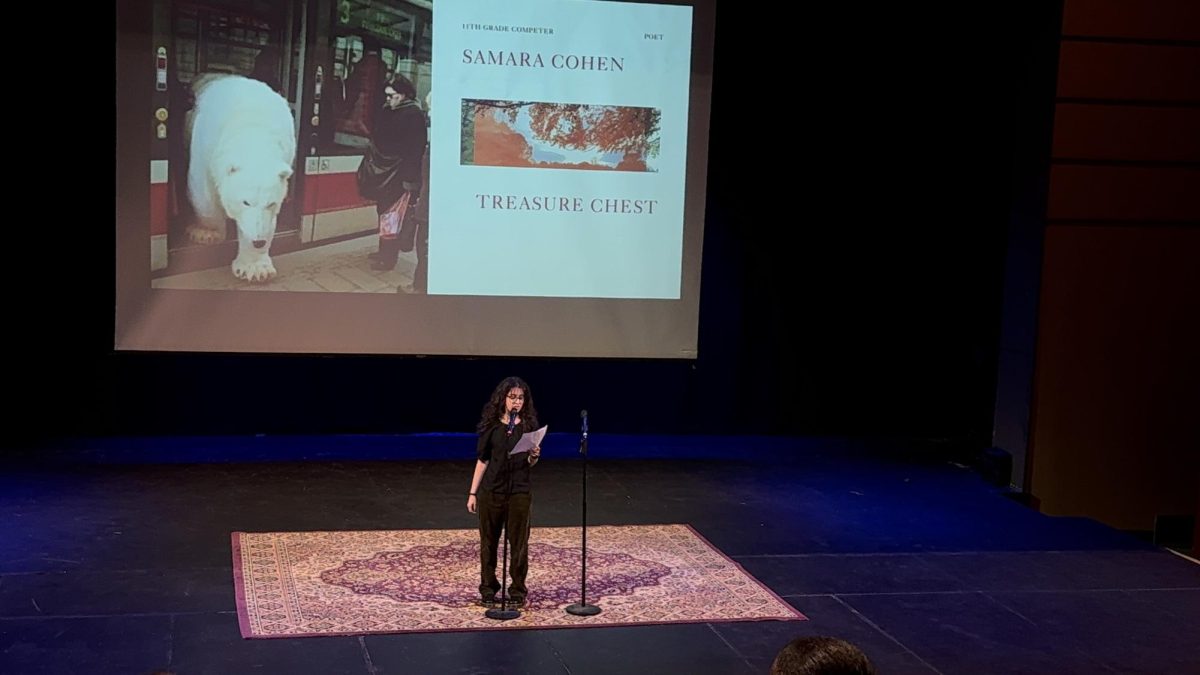
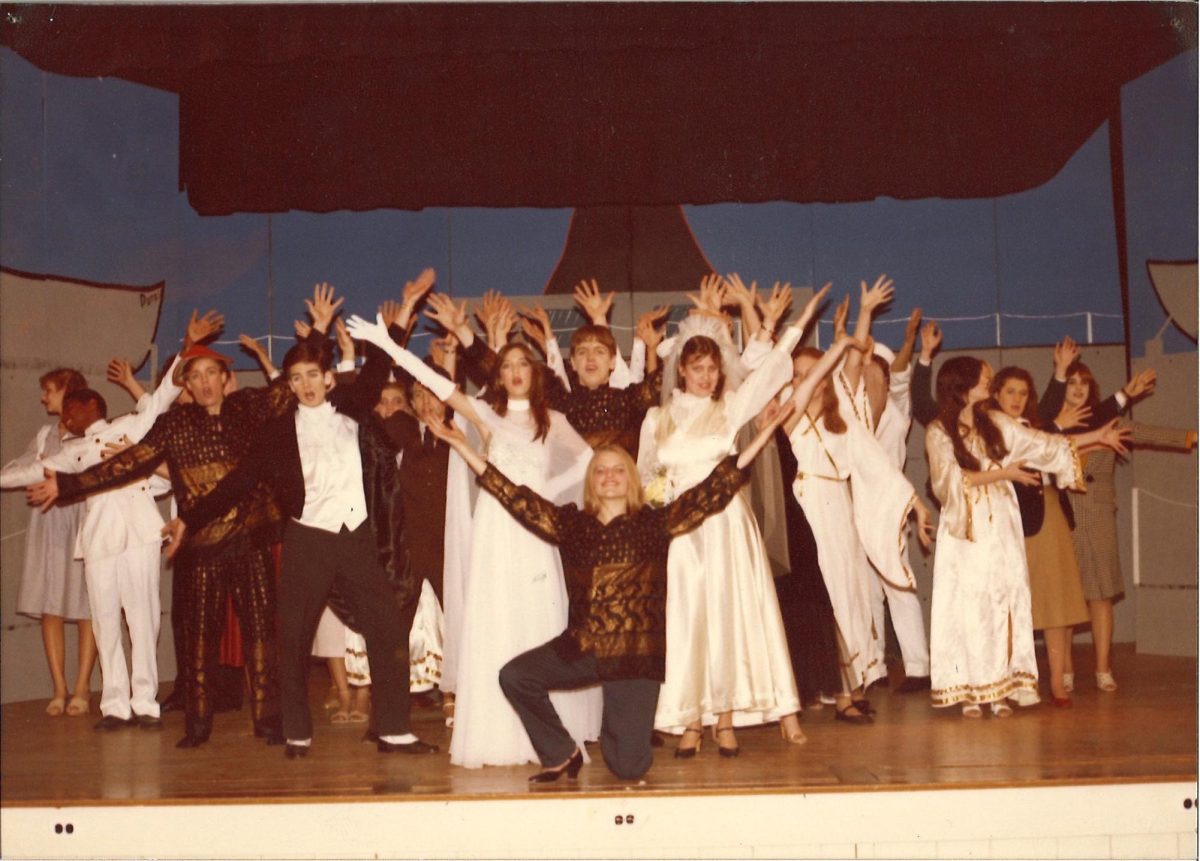


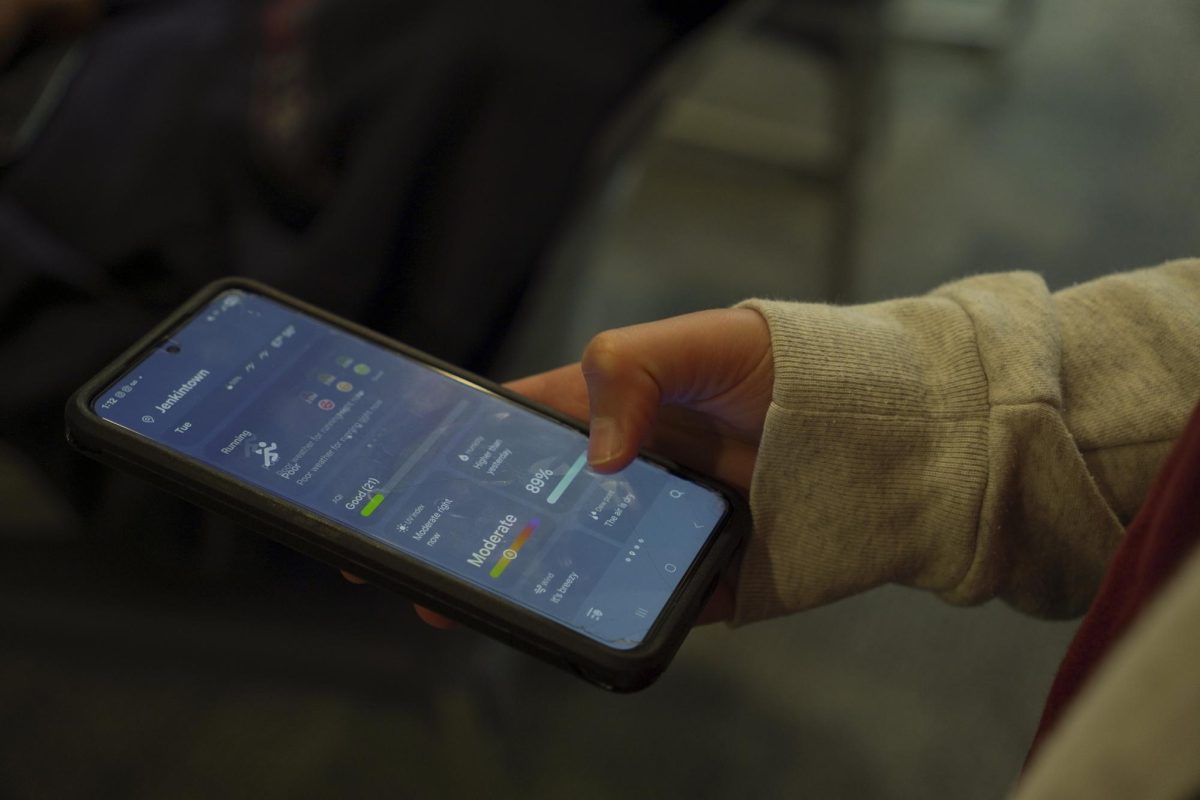
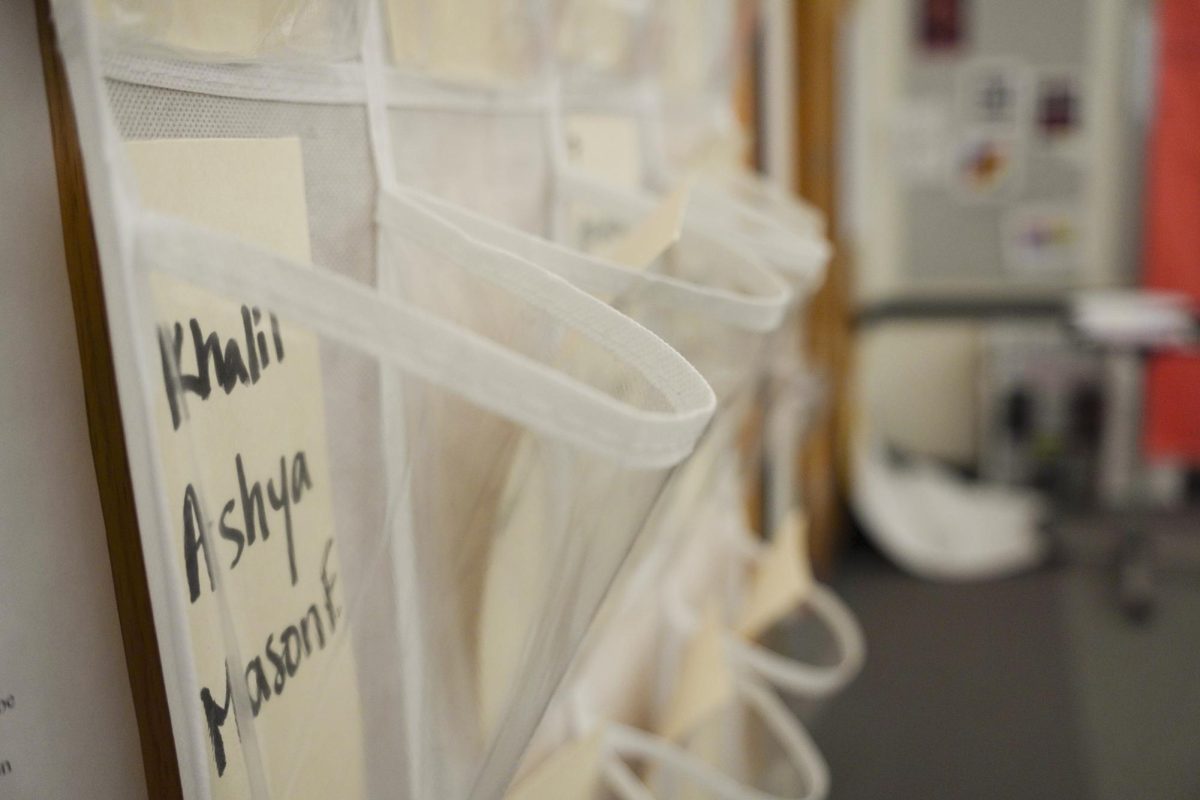
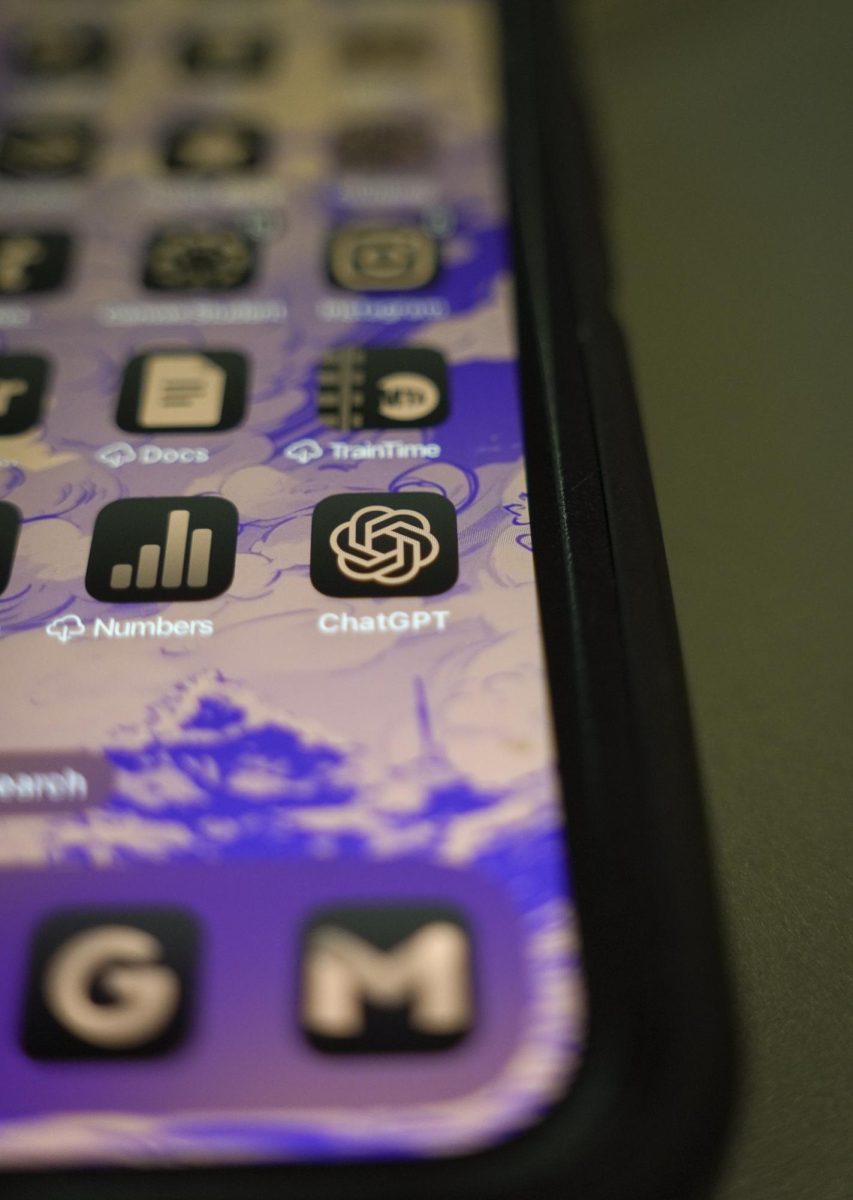
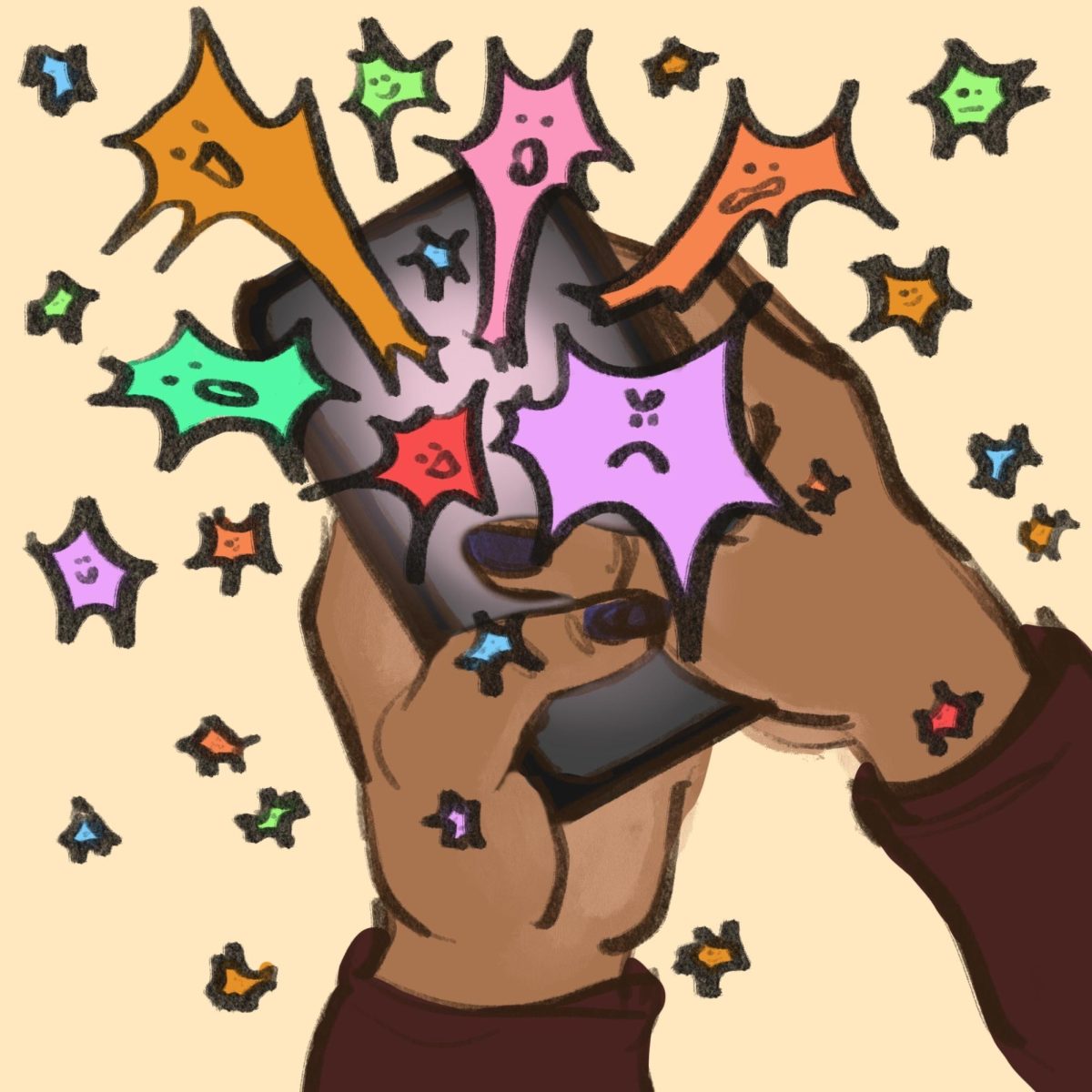


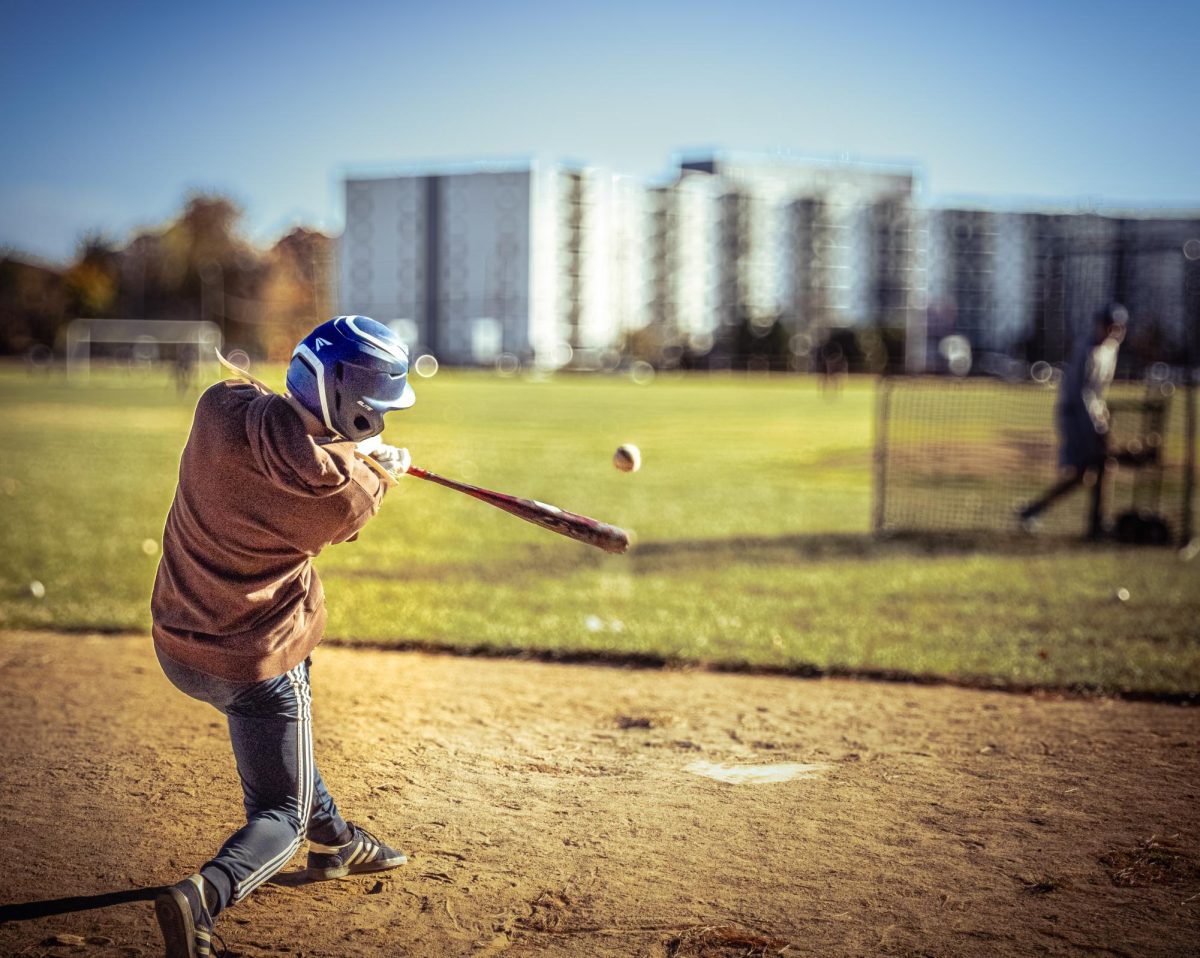


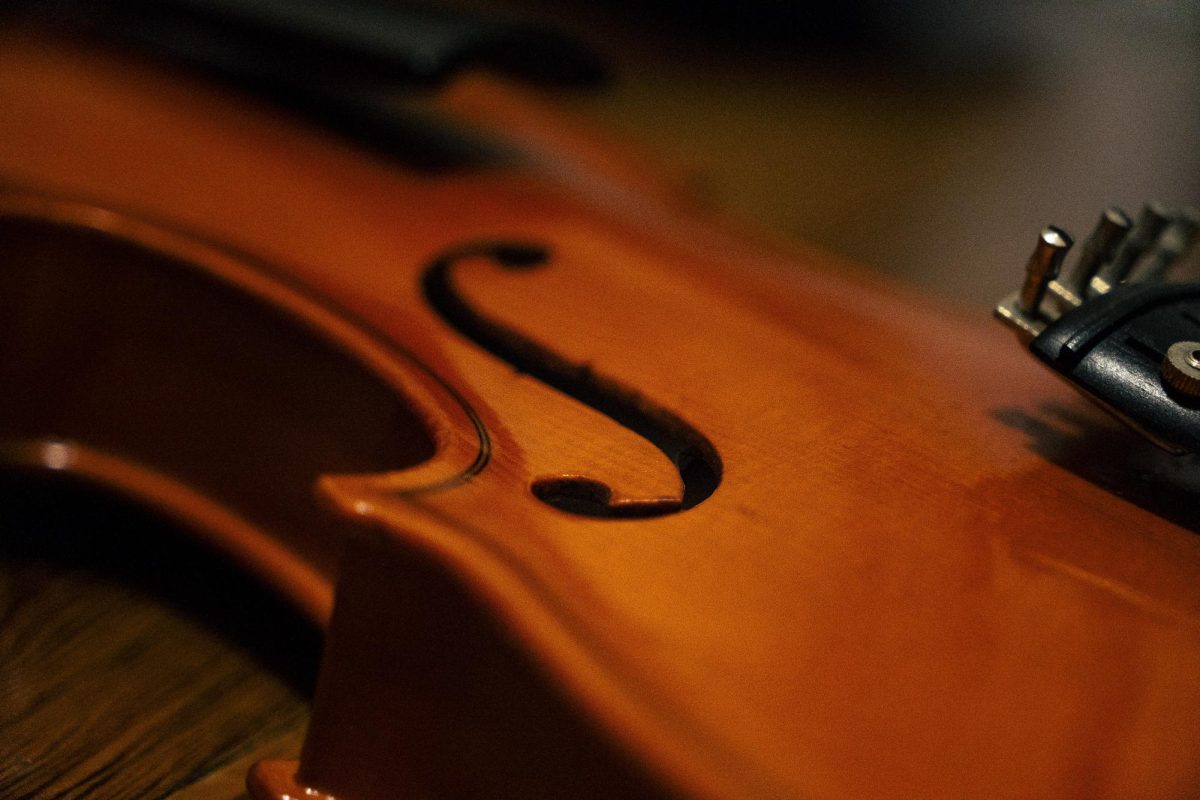
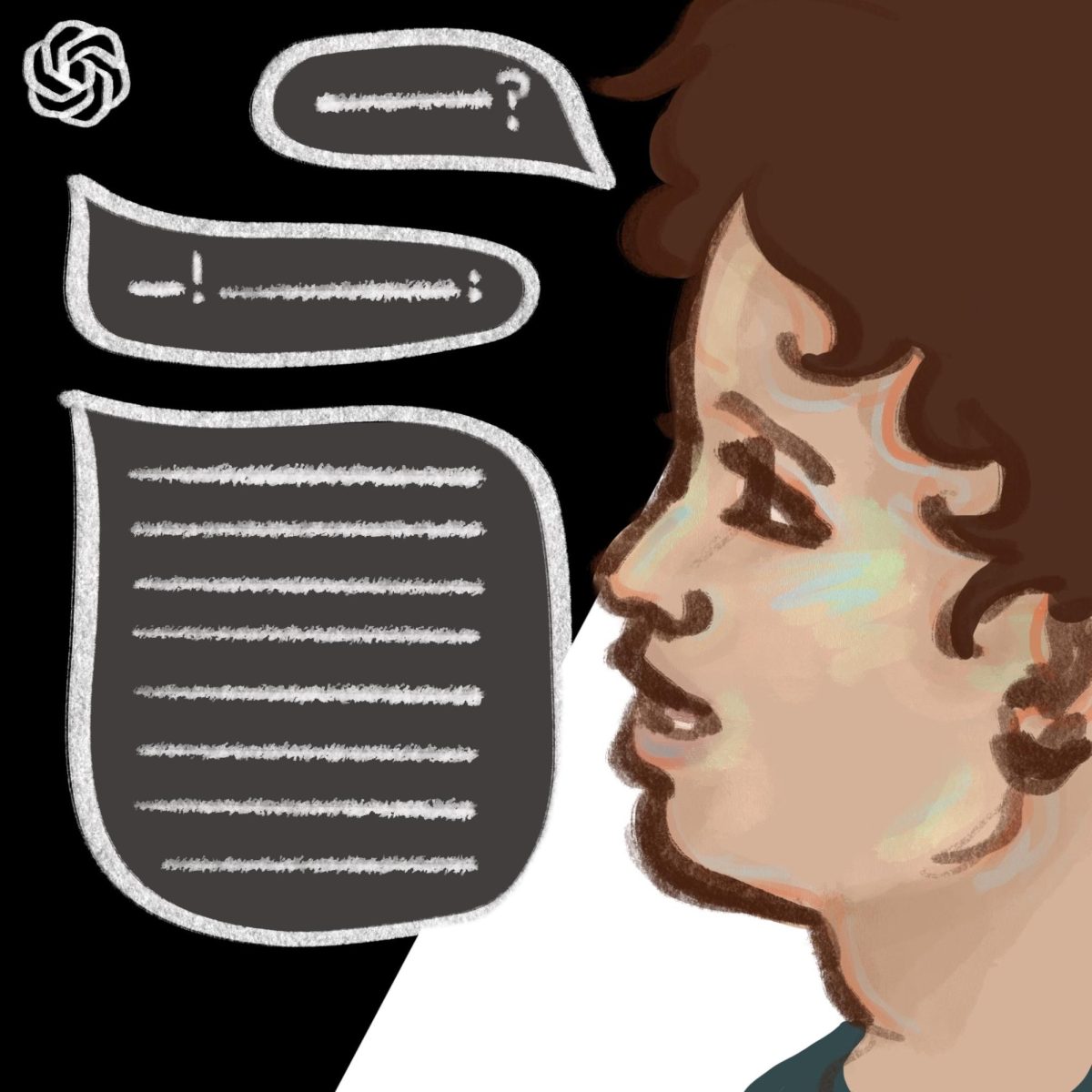
Neiko • May 14, 2025 at 10:29 am
I completely agree with this article. During quarantine, I was exposed to a lot of non-Westernized music on YouTube because I had nothing else to do. When showing it to the other people, I was made fun of or they didn’t understand it, even though it wasn’t that big of a deal. The music I showed them just did not have English in it, so people felt very divided from it. I feel like even if you don’t understand the meaning and lyrics of a song, you can always connect to the feeling by listening to the music and the instruments – the most important part. Since I was opened up to non-Westernized music, my taste has expanded tremendously. And I’ve learned even if people don’t like the music you listen to, don’t let their opinions change you from what you want.
mia • May 14, 2025 at 10:04 am
music is one of the most important things in my life, and I feel like a lot of people my age feel this way too. its so prevalent in all sorts of ways that I explore the world and other people, and it’s something that’s deeply personal and also entirely universal. I love live music especially, whether it’s watching a bunch of individuals pour their heart out into an orchestra that makes a song out of many souls with incredible talent, or going with my sisters to see beyoncé and have so much fun screaming lyrics. there is something very unique and invaluable about music in all the ways you described. its a way we connect and share ourselves and what we love, and branching out to listen to new things and really care and analyze whats being produced is like getting to know someone or something new. it is really weird how a bunch of sounds can produce a lot of specific feelings! one of my best friends and I listen to all sorts of artists across every genre because there is something important to all of it, each song has its own purpose and feeling, and it’s our way of bonding. sharing what I love and what he loves and all these different feelings and experiences into little songs. 🙂
Jenny • May 14, 2025 at 10:01 am
I couldn’t agree more with this article. I think it is beneficial to listen to various types of musics—it could broaden your horizons, getting to know different cultures, bonding with more people, or just for fun. Music could be a media, for a historical context, for an intense emotion, or as the article conveyed, music could be an artistic creation to fight for an opposing force. Yet I don’t think we should intentionally listen to certain kinds of music, in other words, we should not categorize music by countries at all. I, per say, listen to all kinds of music, regardless of where it’s from or by who it was wrote—as long as I like it, and that’s what music is too me, a means to content myself. I do have preference when listening to music—I like The Weeknd and Kali Uchis the most, since that I love almost all of their songs.